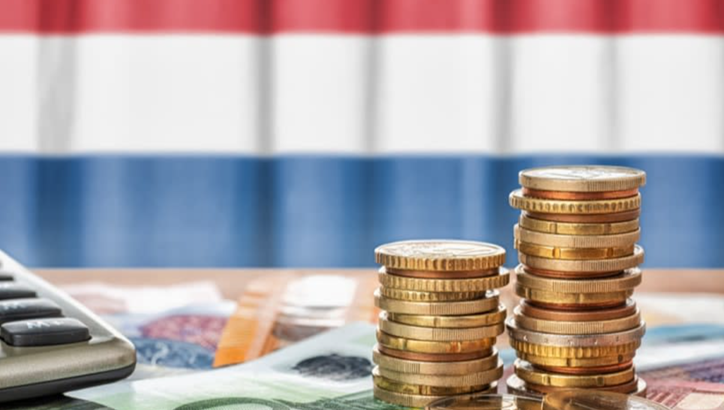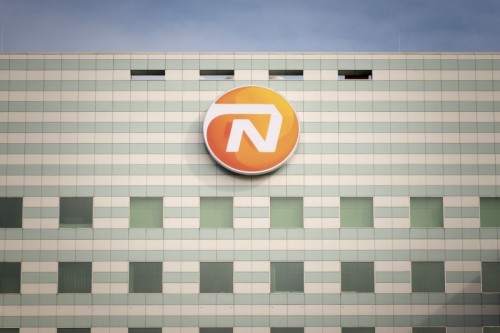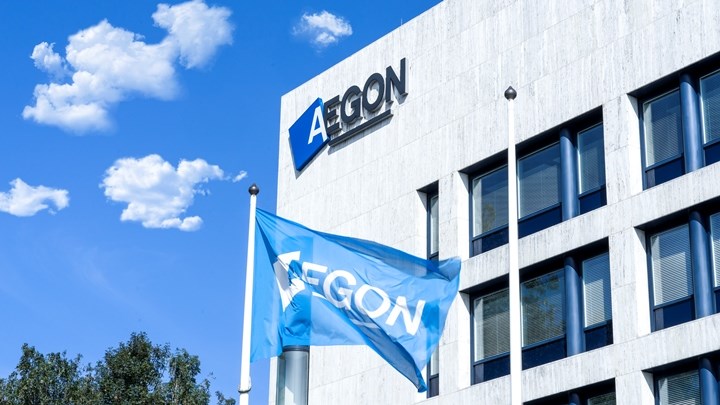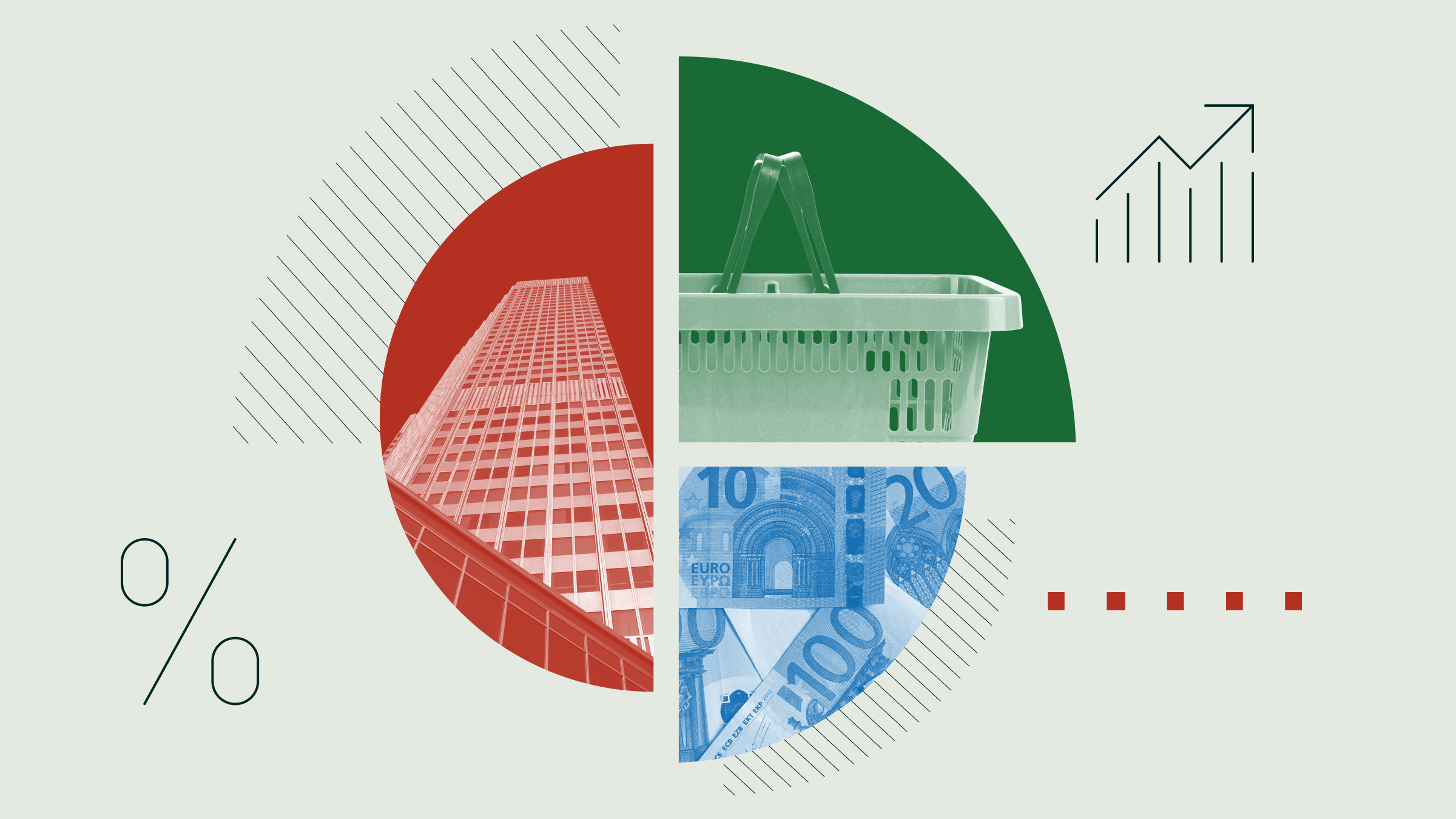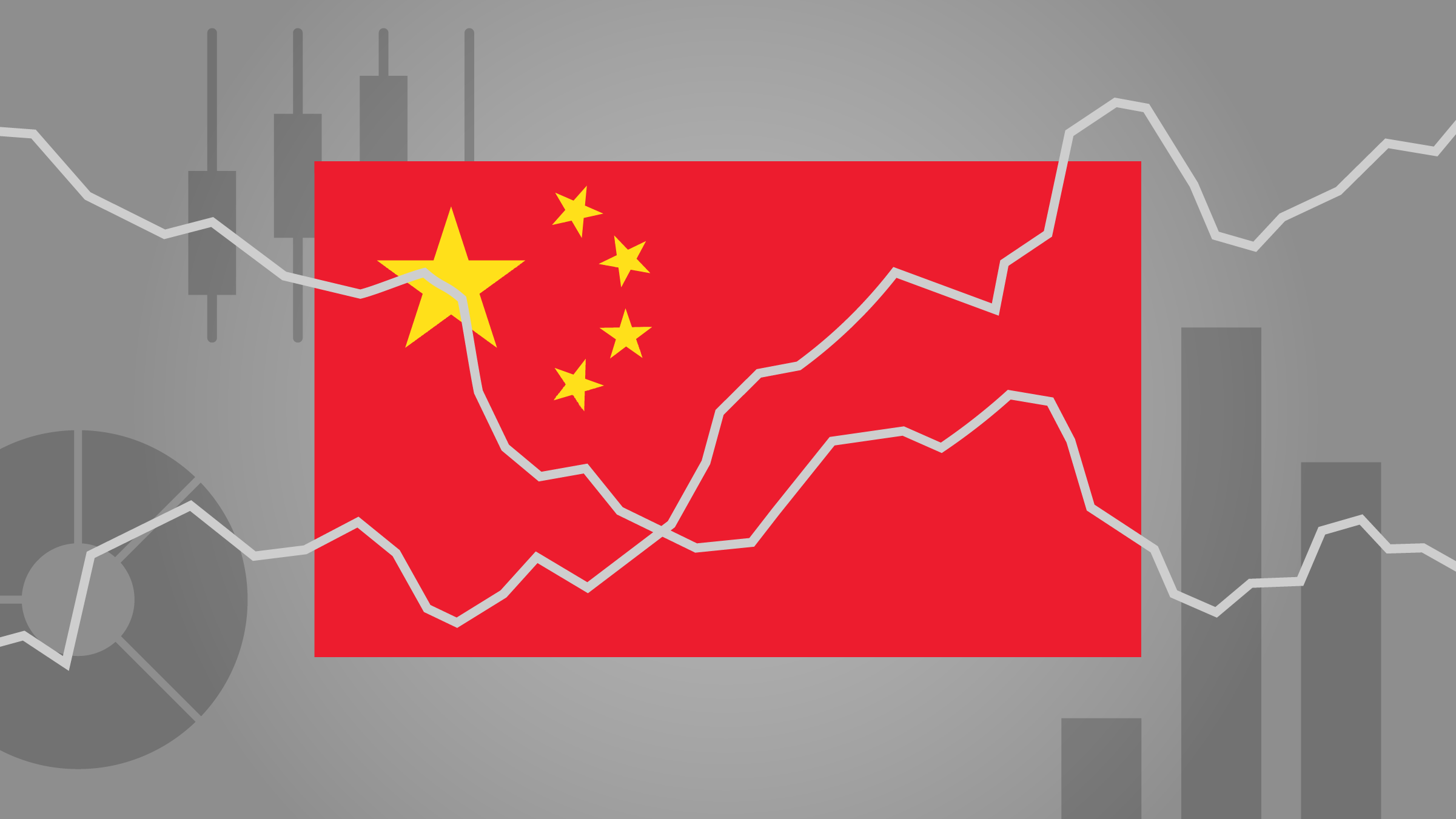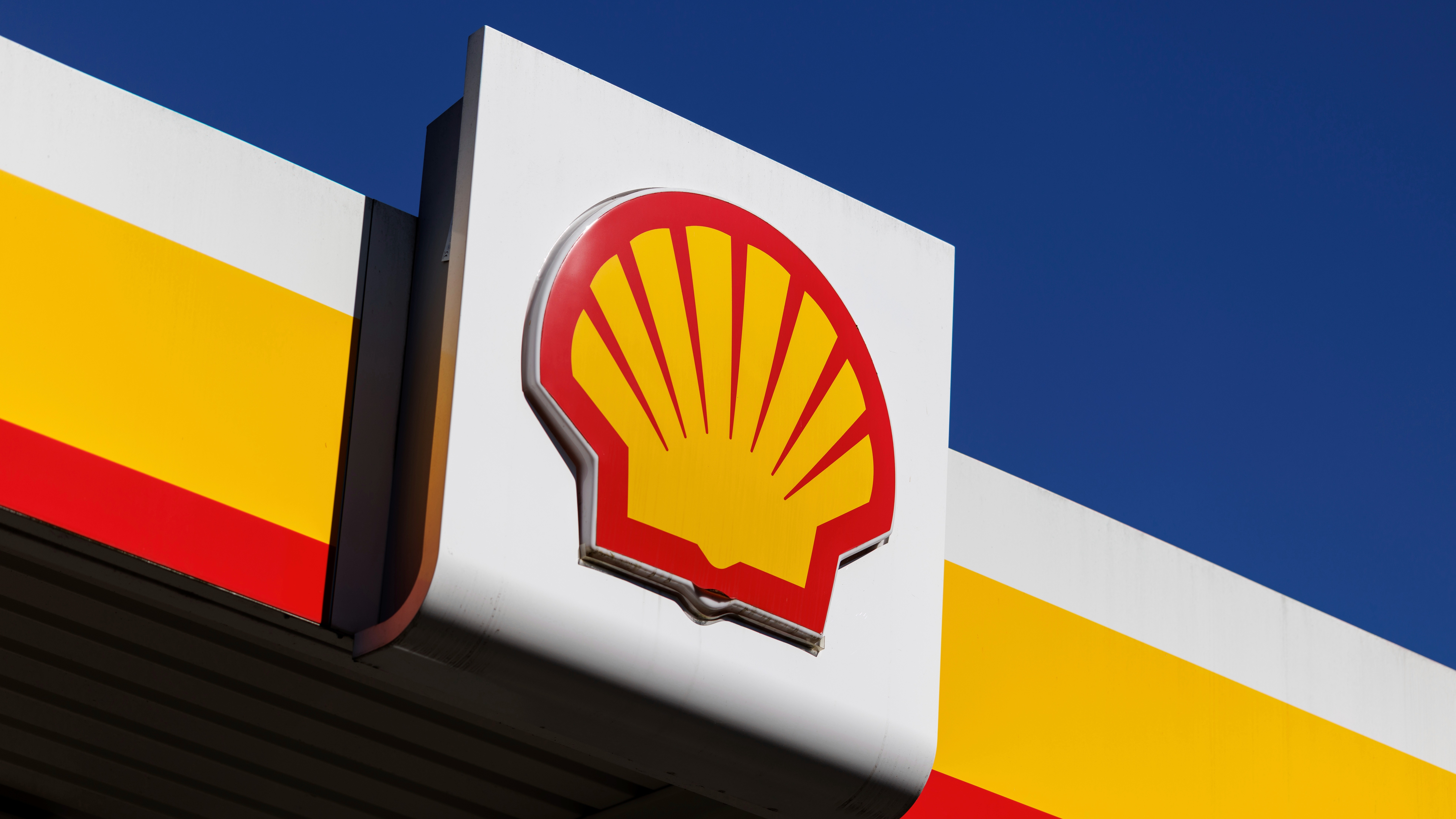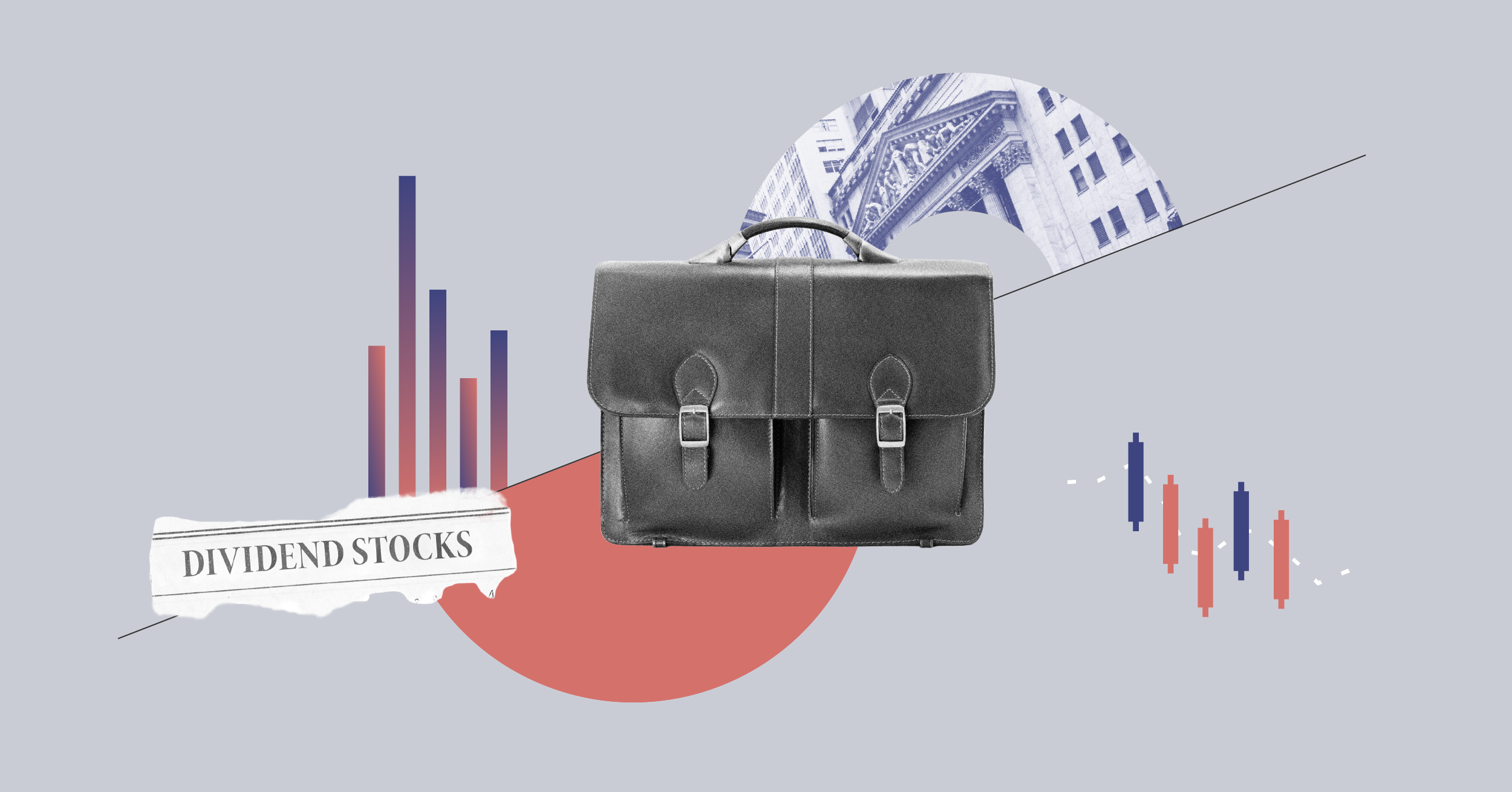INVESTMENT THESIS![]()
Aegon's ongoing restructuring has been more than just a distraction and may explain why the stock is trading at a discount to book value. While the shares look cheap, our view is tempered by the fact that the insurance business is not fundamentally attractive, and the stock is appropriate only for risk-tolerant investors. We believe that returning to a normal return depends on how well the company can execute its strategy in a low interest-rate environment.
Aegon generates 70% of its earnings in the U.S. through Transamerica. Early in the decade, Aegon became aggressive in spread-based products, which left the company overly exposed to market risk. Aegon lost 30% of its shareholders' equity value during the financial crisis, as asset prices fell precipitously. As a result, management was forced to accept a EUR 3 billion bailout package from the Dutch government. The firm also embarked on a series of initiatives to derisk its balance sheet to achieve more stable returns on capital.
The derisking plan prompted Aegon to adopt a less capital-intensive strategy, shifting emphasis toward pension administration and asset management. The move has helped reduce earnings and capital sensitivity, as is evident in recent results. However, lower risk has also led to lower returns, which we think is a fair trade. Given the more balanced mix of insurance, pensions, and asset management businesses, we think the company is positioned to balance capital requirements and potential upside when interest rates start to rise.
Outside of the U.S., Aegon is scouring growth in Central and Eastern Europe. This strategy is nothing new for European insurers, given the attractive opportunities presented by the growing wealth in these countries. However, as Aegon is building out its distribution channel in a fragmented market, high expenses associated with new sales can depress margins in the near term. In our view, new markets won't help improve profitability or build an economic moat unless Aegon is able to find ways to improve overall operational efficiency through distribution or underwriting.
WAARDERING
| Economic Moat | Fair value | Stewardship Rating |  |
||||
| None | EUR 7.00 | Standard | |||||
| Moat Trend | Uncertainty | Sector | |||||
| Stable | High |
financiële dienstverlening |
|||||
BULLS
- Transamerica is an iconic brand and a leading provider in life insurance and annuity products in the U.S. Although the market is highly competitive, the company enjoys steady, albeit very slow, growth in sales.
- Aegon is selling noncore businesses that do not generate favorable returns. A slimmer and more focused company should lend itself to more consistent results.
- Because of its focus on the U.S., Aegon carries only a modest amount of GIIPS exposure, equivalent to only about 5% of book equity.
BEARS
- Lack of product and geographic diversification is a cause for concern, given how heavily Aegon relies on the U.S. and the U.K. markets, both of which are very saturated with traditional life products.
- Life insurance and annuity products are largely commodified. Aegon does not seem to have any substantial cost advantage in distribution over its competitors.
- In a deflationary environment, annuity policyholders are less likely to lapse on their contracts because of the richly subsidized guarantee benefits. A low lapse rate increases the cost of guarantees for Aegon.
__________________________________________________________
20 Tips voor het beleggen in aandelen >
Meer weten over de methodologie achter Morningstar's beoordeling en waardering van ondernemingen en aandelen?
Hoe Morningstar aandelen onderzoekt en waardeert
Morningstar's sterrenrating voor aandelen
Vragen en antwoorden bij Morningstar's aandelenonderzoek
Het uitgebreide researchrapport van dit aandeel is beschikbaar voor institutionele beleggers, vermogensbeheerders en private bankers. Voor meer informatie over de ruim 1500 wereldwijde aandelen- en creditresearchrapporten kunt u contact opnemen met Morningstar via equitysales@morningstar.com.





